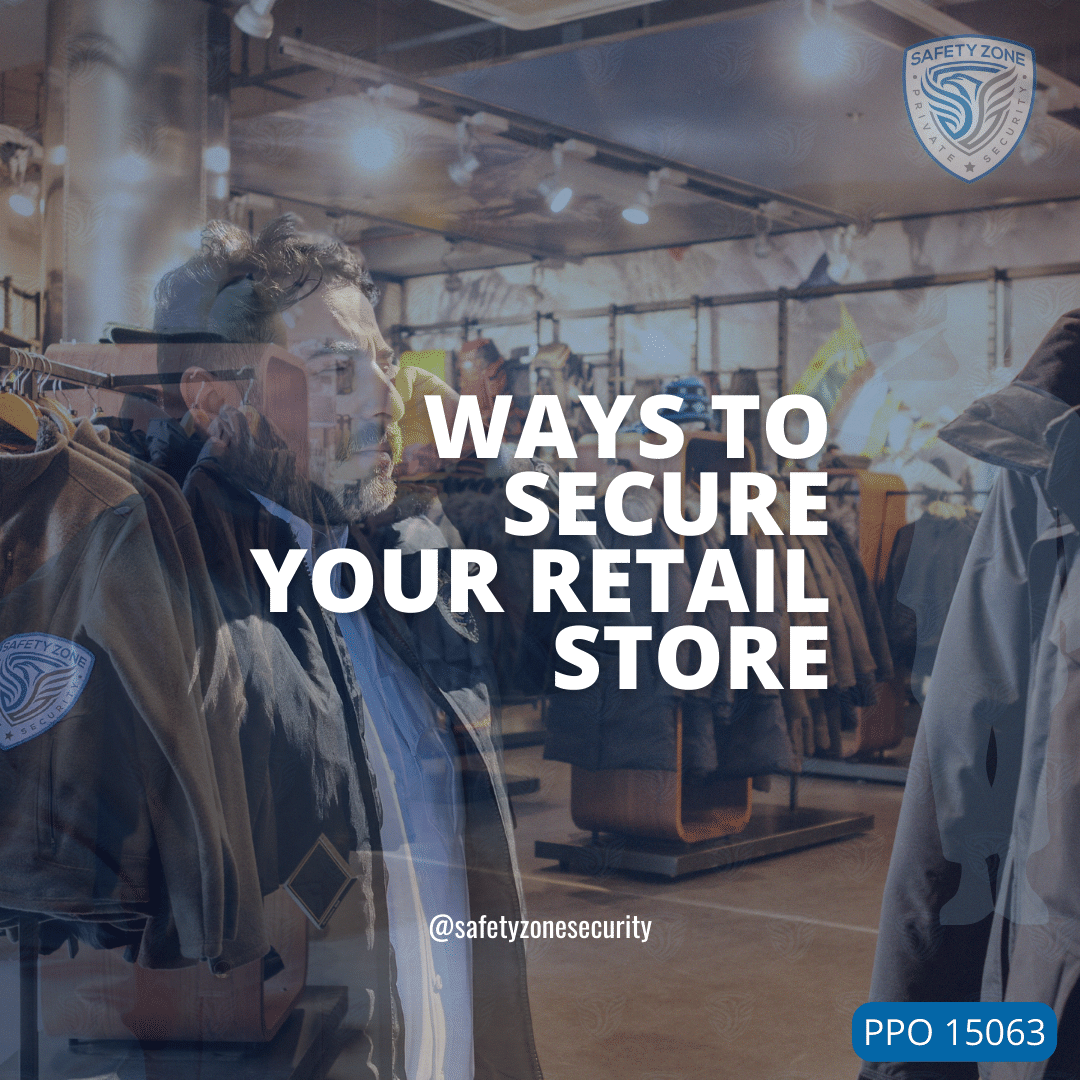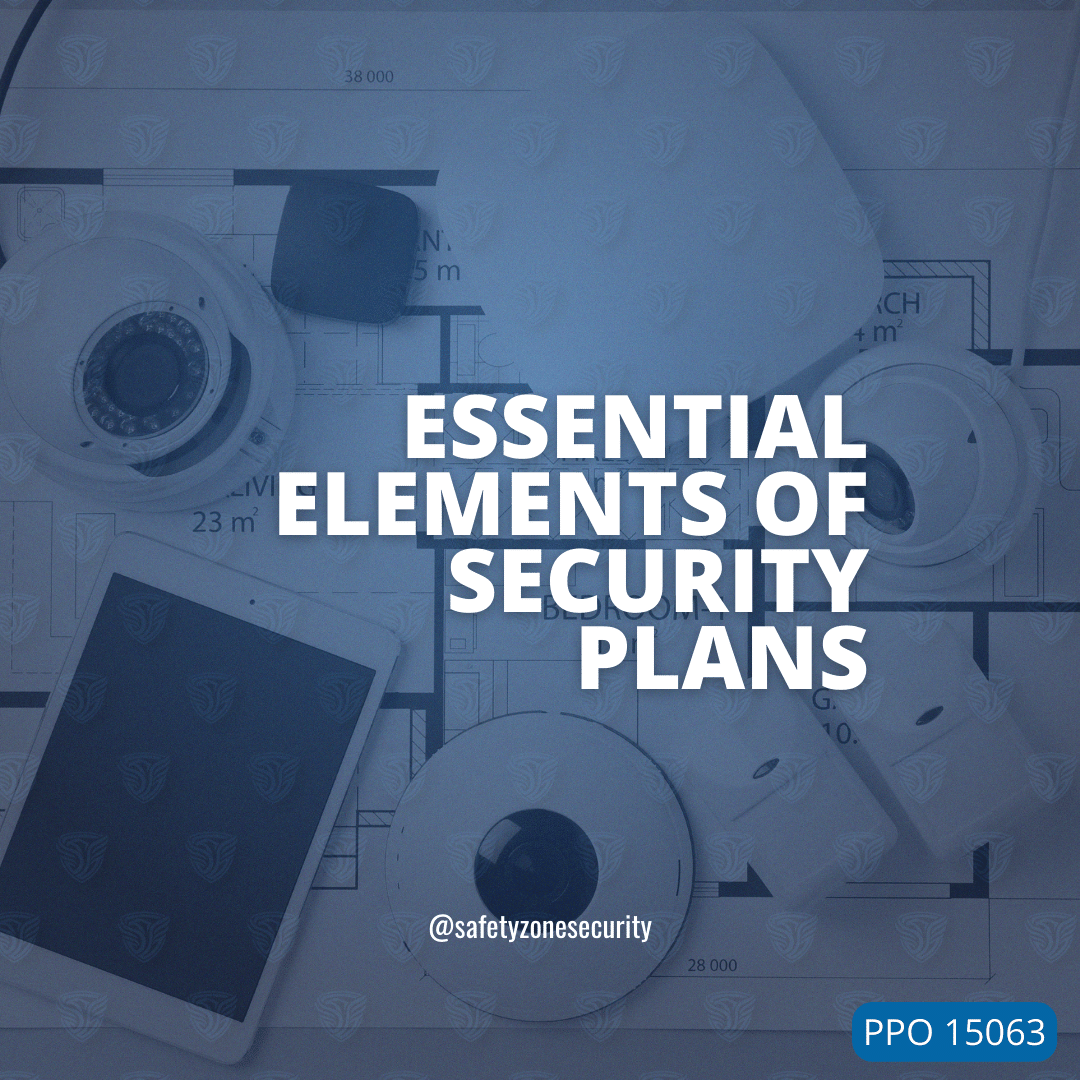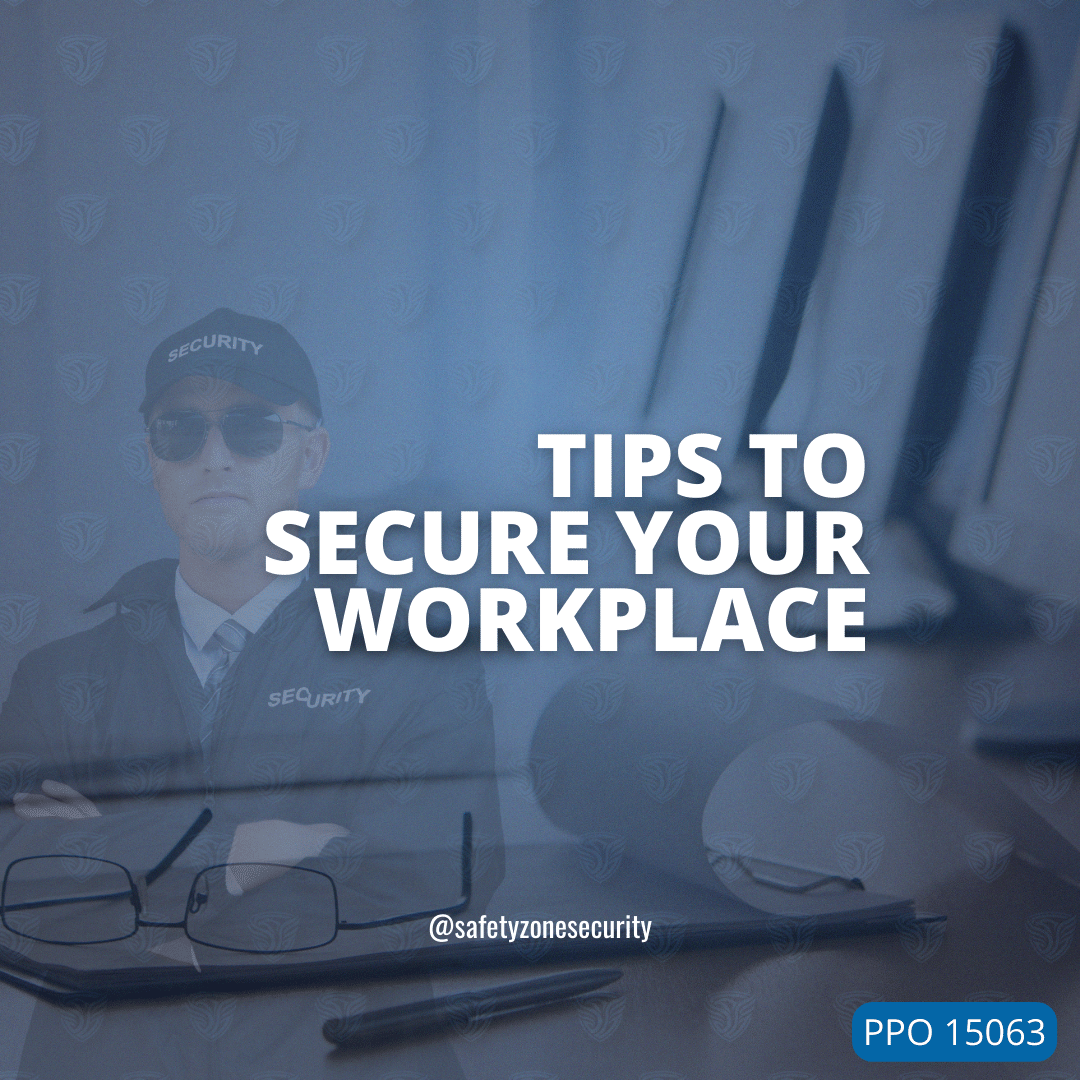
Introduction
Security guards play a vital role in maintaining safety and security in various settings, from shopping malls and office buildings to concerts and private events. Their primary responsibility is to protect people and property, which sometimes requires them to detain individuals who pose a threat or are engaged in illegal activities. However, one common question that arises in the security industry is, "Can security guards use force to detain individuals?" In this blog post, we will explore the answer to this question and provide insights into the rules and regulations that govern the use of force by security guards.
Understanding the Role of Security Guards
Before delving into the use of force, it's essential to understand the role of security guards. Security guards are hired to deter criminal activity, observe and report incidents, and respond appropriately to security threats. While they are not law enforcement officers, security guards are responsible for maintaining order and ensuring the safety of the people and property under their protection.
The Use of Force: A Legal Perspective
The use of force by security guards is subject to various laws and regulations, which may vary depending on the jurisdiction and the specific circumstances of each situation. Generally, security guards are allowed to use force when it is reasonable and necessary to protect themselves, others, or the property they are tasked with safeguarding.
Types of Force Security Guards Can Use
Verbal Force: Security guards can begin by using verbal commands to de-escalate a situation. They can issue warnings, ask individuals to leave the premises, or request cooperation without resorting to physical force.
Physical Force: When verbal commands prove insufficient, security guards may use physical force to detain an individual. However, this force should be proportionate to the threat and used as a last resort. Techniques such as restraining, handcuffing, or using physical holds should be employed only when necessary and in accordance with established guidelines.
Non-lethal Weapons: In some cases, security guards may be authorized to carry and use non-lethal weapons such as pepper spray or batons to subdue a threat without causing serious harm.
Lethal Force: Lethal force should only be used as an absolute last resort when there is an imminent threat to life, and all other options have been exhausted. The use of firearms by security guards is highly regulated and typically requires special training and licensing.
Legal and Ethical Considerations
Security guards must always act within the boundaries of the law and adhere to strict ethical standards. They should receive proper training to understand the legal limits of their authority and the use of force. Any use of force should be well-documented, and security companies should have clear policies in place to review and evaluate incidents involving force.
Conclusion
In conclusion, security guards have the authority to use force when it is reasonable and necessary to protect themselves, others, or the property they are assigned to secure. However, this authority comes with significant legal and ethical responsibilities. Security guards must be well-trained, exercise good judgment, and use force only as a last resort. By following these guidelines, security guards can effectively fulfill their roles in maintaining safety and security while respecting the rights and well-being of all individuals involved.

Running a retail store can be a rewarding venture, but it also means taking steps to secure your premises effectively. Regardless of whether your store is located in the bustling streets of Los Angeles or the serene neighborhoods of Santa Barbara, security is paramount. In this article, we'll outline four crucial steps to help you protect your retail store, your merchandise, and the safety of your employees and customers. From assessing risks to implementing access control, these strategies can make a significant difference in enhancing your store's security. Read on to discover how to secure your retail store like a pro.

Security is paramount in our ever-evolving world, whether you're in bustling Los Angeles or the tranquil neighborhoods of Santa Barbara. Crafting a robust security plan is essential for safeguarding your property, assets, and peace of mind. In this article, we'll delve into seven crucial elements that should be an integral part of your security plan. From risk assessment to employee training, these elements play a vital role in ensuring your safety and security. Read on to discover how you can enhance your security and protect what matters most.

In today's ever-evolving world, workplace security is of utmost importance, whether your office is nestled in the suburbs of Riverside or situated in the heart of San Francisco. Safeguarding your workplace not only ensures the safety of your employees but also protects your assets and confidential information. In this article, we'll delve into four essential strategies to secure your workplace effectively. From implementing access control to considering security guard services, these measures are vital for enhancing workplace security. Read on to discover how you can create a safe and secure environment for your employees and assets.